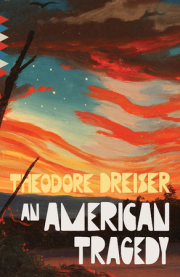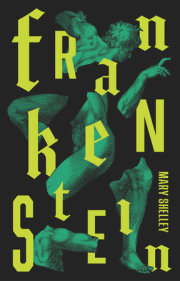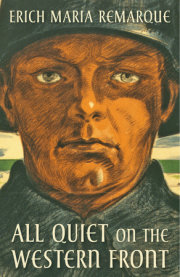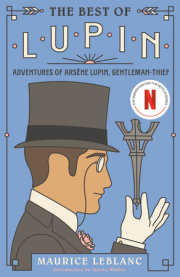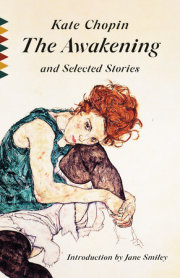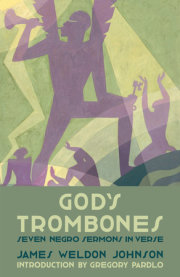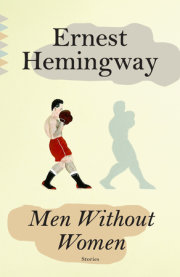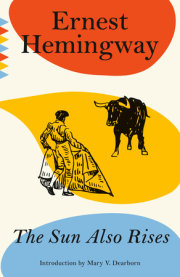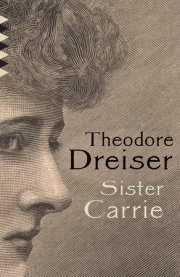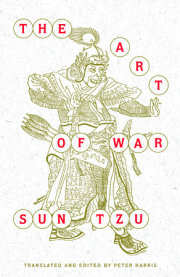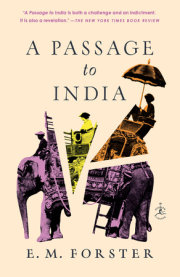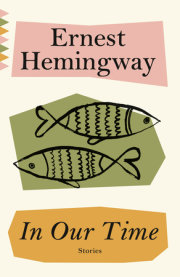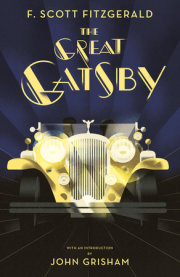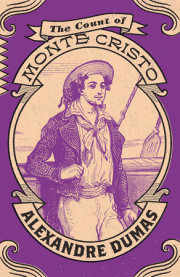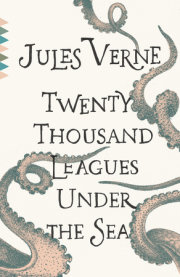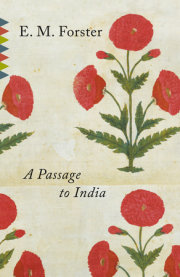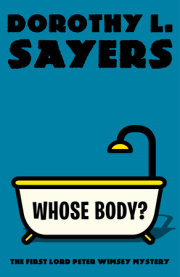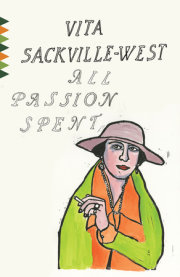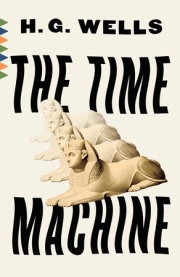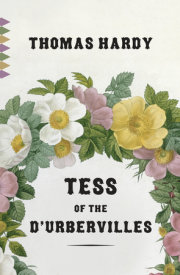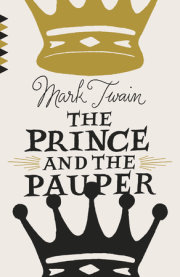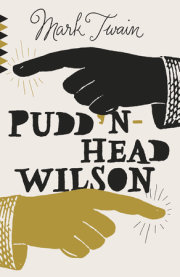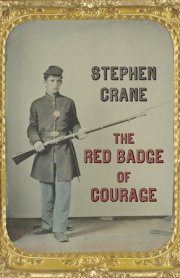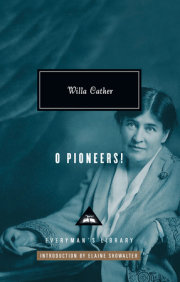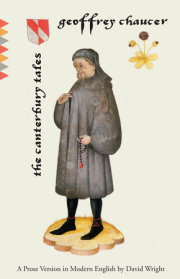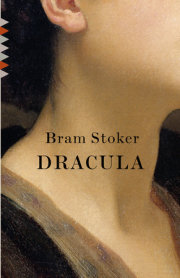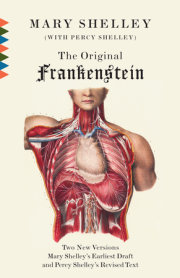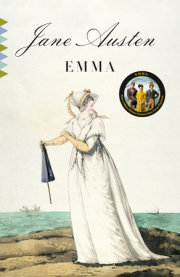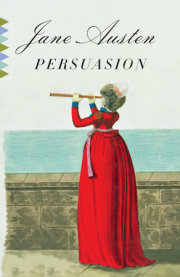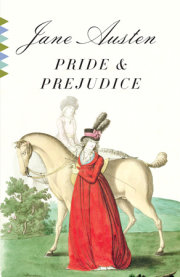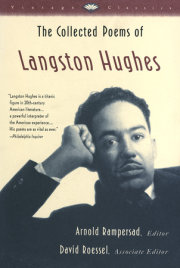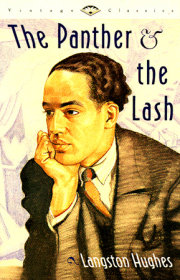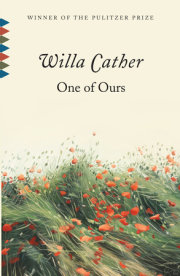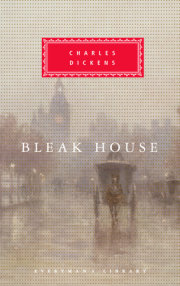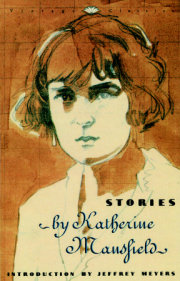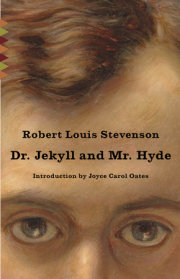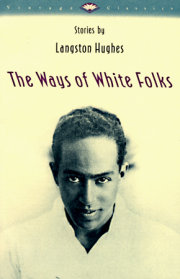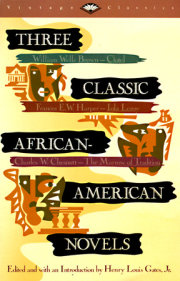Chapter 1
Dusk—of a summer night.
And the tall walls of the commercial heart of an American city of perhaps 400,000 inhabitants—such walls as in time may linger as a mere fable.
And up the broad street, now comparatively hushed, a little band of six,—a man of about fifty, short, stout, with bushy hair protruding from under a round black felt hat, a most unimportant-looking person, who carried a small portable organ such as is customarily used by street preachers and singers. And with him a woman perhaps five years his junior, taller, not so broad, but solid of frame and vigorous, very plain in face and dress, and yet not homely, leading with one hand a small boy of seven and in the other carrying a Bible and several hymn books. With these three, but walking independently behind, was a girl of fifteen, a boy of twelve and another girl of nine, all following obediently, but not too enthusiastically, in the wake of the others.
It was hot, yet with a sweet languor about it all.
Crossing at right angles the great thoroughfare on which they walked, was a second canyon-like way, threaded by throngs and vehicles and various lines of cars which clanged their bells and made such progress as they might amid swiftly moving streams of traffic. Yet the little group seemed unconscious of anything save a set purpose to make its way between the contending lines of traffic and pedestrians which flowed by them.
Having reached an intersection this side of the second principal thoroughfare—really just an alley between two tall structures—now quite bare of life of any kind, the man put down the organ, which the woman immediately opened, setting up a music rack upon which she placed a wide flat hymn book. Then handing the Bible to the man, she fell back in line with him, while the twelve-year-old boy put down a small camp-stool in front of the organ. The man—the father, as he chanced to be—looked about him with seeming wide-eyed assurance, and announced, without appearing to care whether he had any auditors or not:
“We will first sing a hymn of praise, so that any who may wish to acknowledge the Lord may join us. Will you oblige, Hester?”
At this the eldest girl, who until now had attempted to appear as unconscious and unaffected as possible, bestowed her rather slim and as yet undeveloped figure upon the camp chair and turned the leaves of the hymn book, pumping the organ while her mother observed:
“I should think it might be nice to sing twenty-seven tonight—‘How Sweet the Balm of Jesus’ Love.’ ”
By this time various homeward-bound individuals of diverse grades and walks of life, noticing the small group disposing itself in this fashion, hesitated for a moment to eye them askance or paused to ascertain the character of their work. This hesitancy, construed by the man apparently to constitute attention, however mobile, was seized upon by him and he began addressing them as though they were specifically here to hear him.
“Let us all sing twenty-seven, then—‘How Sweet the Balm of Jesus’ Love.’ ”
At this the young girl began to interpret the melody upon the organ, emitting a thin though correct strain, at the same time joining her rather high soprano with that of her mother, together with the rather dubious baritone of the father. The other children piped weakly along, the boy and girl having taken hymn books from the small pile stacked upon the organ. As they sang, this nondescript and indifferent street audience gazed, held by the peculiarity of such an unimportant-looking family publicly raising its collective voice against the vast skepticism and apathy of life. Some were interested or moved sympathetically by the rather tame and inadequate figure of the girl at the organ, others by the impractical and materially inefficient texture of the father, whose weak blue eyes and rather flabby but poorly-clothed figure bespoke more of failure than anything else. Of the group the mother alone stood out as having that force and determination which, however blind or erroneous, makes for self-preservation, if not success in life. She, more than any of the others, stood up with an ignorant, yet somehow respectable air of conviction. If you had watched her, her hymn book dropped to her side, her glance directed straight before her into space, you would have said: “Well, here is one who, whatever her defects, probably does what she believes as nearly as possible.” A kind of hard, fighting faith in the wisdom and mercy of that definite overruling and watchful power which she proclaimed, was written in her every feature and gesture.
“The love of Jesus saves me whole,
The love of God my steps control,”
she sang resonantly, if slightly nasally, between the towering walls of the adjacent buildings.
The boy moved restlessly from one foot to the other, keeping his eyes down, and for the most part only half singing. A tall and as yet slight figure, surmounted by an interesting head and face—white skin, dark hair—he seemed more keenly observant and decidedly more sensitive than most of the others—appeared indeed to resent and even to suffer from the position in which he found himself. Plainly pagan rather than religious, life interested him, although as yet he was not fully aware of this. All that could be truly said of him now was that there was no definite appeal in all this for him. He was too young, his mind much too responsive to phases of beauty and pleasure which had little, if anything, to do with the remote and cloudy romance which swayed the minds of his mother and father.
Indeed the home life of which this boy found himself a part and the various contacts, material and psychic, which thus far had been his, did not tend to convince him of the reality and force of all that his mother and father seemed so certainly to believe and say. Rather, they seemed more or less troubled in their lives, at least materially. His father was always reading the Bible and speaking in meeting at different places, especially in the “mission,” which he and his mother conducted not so far from this corner. At the same time, as he understood it, they collected money from various interested or charitably inclined business men here and there who appeared to believe in such philanthropic work. Yet the family was always “hard up,” never very well clothed, and deprived of many comforts and pleasures which seemed common enough to others. And his father and mother were constantly proclaiming the love and mercy and care of God for him and for all. Plainly there was something wrong somewhere. He could not get it all straight, but still he could not help respecting his mother, a woman whose force and earnestness, as well as her sweetness, appealed to him. Despite much mission work and family cares, she managed to be fairly cheerful, or at least sustaining, often declaring most emphatically “God will provide” or “God will show the way,” especially in times of too great stress about food or clothes. Yet apparently, in spite of this, as he and all the other children could see, God did not show any very clear way, even though there was always an extreme necessity for His favorable intervention in their affairs.
To-night, walking up the great street with his sisters and brother, he wished that they need not do this any more, or at least that he need not be a part of it. Other boys did not do such things, and besides, somehow it seemed shabby and even degrading. On more than one occasion, before he had been taken on the street in this fashion, other boys had called to him and made fun of his father, because he was always publicly emphasizing his religious beliefs or convictions. Thus in one neighborhood in which they had lived, when he was but a child of seven, his father, having always precluded every conversation with “Praise the Lord,” he heard boys call “Here comes the old Praise-the-Lord Griffiths.” Or they would call out after him “Hey, you’re the fellow whose sister plays the organ. Is there anything else she can play?”
“What does he always want to go around saying, ‘Praise the Lord’ for? Other people don’t do it.”
It was that old mass yearning for a likeness in all things that troubled them, and him. Neither his father nor his mother was like other people, because they were always making so much of religion, and now at last they were making a business of it.
On this night in this great street with its cars and crowds and tall buildings, he felt ashamed, dragged out of normal life, to be made a show and jest of. The handsome automobiles that sped by, the loitering pedestrians moving off to what interests and comforts he could only surmise; the gay pairs of young people, laughing and jesting and the “kids” staring, all troubled him with a sense of something different, better, more beautiful than his, or rather their life.
And now units of this vagrom and unstable street throng, which was forever shifting and changing about them, seemed to sense the psychologic error of all this in so far as these children were concerned, for they would nudge one another, the more sophisticated and indifferent lifting an eyebrow and smiling contemptuously, the more sympathetic or experienced commenting on the useless presence of these children.
“I see these people around here nearly every night now—two or three times a week, anyhow,” this from a young clerk who had just met his girl and was escorting her toward a restaurant. “They’re just working some religious dodge or other, I guess.”
“That oldest boy don’t wanta be here. He feels outa place, I can see that. It ain’t right to make a kid like that come out unless he wants to. He can’t understand all this stuff, anyhow.” This from an idler and loafer of about forty, one of those odd hangers-on about the commercial heart of a city, addressing a pausing and seemingly amiable stranger.
“Yeh, I guess that’s so,” the other assented, taking in the peculiar cast of the boy’s head and face. In view of the uneasy and self-conscious expression upon the face whenever it was lifted, one might have intelligently suggested that it was a little unkind as well as idle to thus publicly force upon a temperament as yet unfitted to absorb their import, religious and psychic services best suited to reflective temperaments of maturer years.
Yet so it was.
As for the remainder of the family, both the youngest girl and boy were too small to really understand much of what it was all about or to care. The eldest girl at the organ appeared not so much to mind, as to enjoy the attention and comment her presence and singing evoked, for more than once, not only strangers, but her mother and father, had assured her that she had an appealing and compelling voice, which was only partially true. It was not a good voice. They did not really understand music. Physically, she was of a pale, emasculate and unimportant structure, with no real mental force or depth, and was easily made to feel that this was an excellent field in which to distinguish herself and attract a little attention. As for the parents, they were determined upon spiritualizing the world as much as possible, and, once the hymn was concluded, the father launched into one of those hackneyed descriptions of the delights of a release, via self-realization of the mercy of God and the love of Christ and the will of God toward sinners, from the burdensome cares of an evil conscience.
“All men are sinners in the light of the Lord,” he declared. “Unless they repent, unless they accept Christ, His love and forgiveness of them, they can never know the happiness of being spiritually whole and clean. Oh, my friends! If you could but know the peace and content that comes with the knowledge, the inward understanding, that Christ lived and died for you and that He walks with you every day and hour, by light and by dark, at dawn and at dusk, to keep and strengthen you for the tasks and cares of the world that are ever before you. Oh, the snares and pitfalls that beset us all! And then the soothing realization that Christ is ever with us, to counsel, to aid, to hearten, to bind up our wounds and make us whole! Oh, the peace, the satisfaction, the comfort, the glory of that!”
“Amen!” asseverated his wife, and the daughter, Hester, or Esta, as she was called by the family, moved by the need of as much public support as possible for all of them—echoed it after her.
Clyde, the eldest boy, and the two younger children merely gazed at the ground, or occasionally at their father, with a feeling that possibly it was all true and important, yet somehow not as significant or inviting as some of the other things which life held. They heard so much of this, and to their young and eager minds life was made for something more than street and mission hall protestations of this sort.
Finally, after a second hymn and an address by Mrs. Griffiths, during which she took occasion to refer to the mission work jointly conducted by them in a near-by street, and their services to the cause of Christ in general, a third hymn was indulged in, and then some tracts describing the mission rescue work being distributed, such voluntary gifts as were forthcoming were taken up by Asa—the father. The small organ was closed, the camp chair folded up and given to Clyde, the Bible and hymn books picked up by Mrs. Griffiths, and with the organ supported by a leather strap passed over the shoulder of Griffiths, senior, the missionward march was taken up.
During all this time Clyde was saying to himself that he did not wish to do this any more, that he and his parents looked foolish and less than normal—“cheap” was the word he would have used if he could have brought himself to express his full measure of resentment at being compelled to participate in this way—and that he would not do it any more if he could help. What good did it do them to have him along? His life should not be like this. Other boys did not have to do as he did. He meditated now more determinedly than ever a rebellion by which he would rid himself of the need of going out in this way. Let his elder sister go if she chose; she liked it. His younger sister and brother might be too young to care. But he—
Copyright © 2021 by Theodore Dreiser. All rights reserved. No part of this excerpt may be reproduced or reprinted without permission in writing from the publisher.


